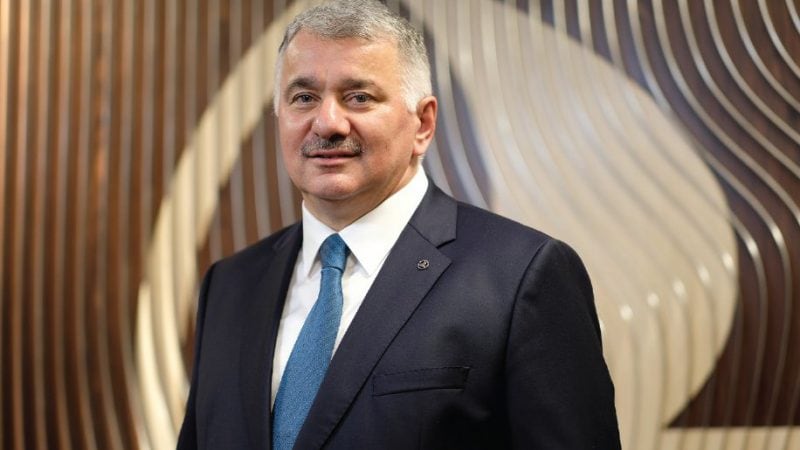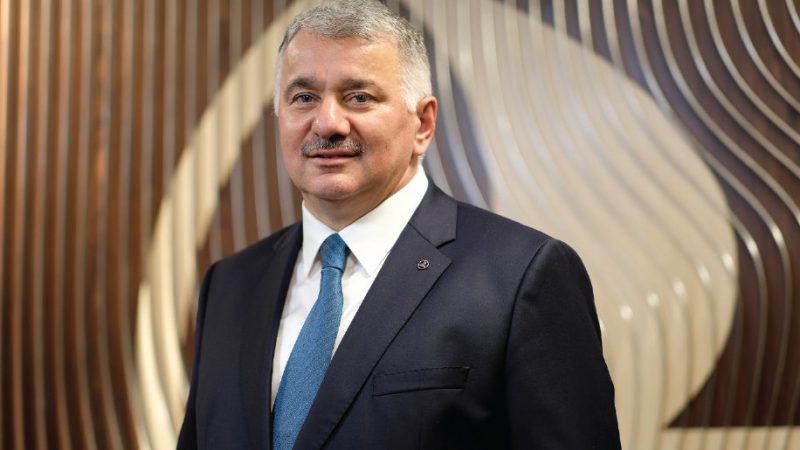Crossroads of the World
Turkish Airlines CEO Bilal Ekşi explains the place his country and his airline have in global history and culture and the role of Istanbul’s new airport in the future of both
November 15, 2018

BT: The big upcoming news is the opening of the new Istanbul airport. This is an exciting event, not only for Turkey but the entire global aviation network.
Ekşi: The new airport will be more than three times the size of Beijing Airport sitting on 7,597 hectares of land. The new airports’ annual capacity is set to be around 150-250 million passengers. Upon completion of the first phase, the airport will be able to handle 3,500 takeoffs and landings daily.On-site the airport will host a luxurious hotel specially designed for guests, as well as convention and office spaces, more than 400 retail brands, and the world’s largest Duty-Free shopping at 53,000 square meters.
BT: What do you think it will mean for travel worldwide?
Ekşi: The flights will be departing to more than 350 destinations around the world making the airport the world’s largest connection point for international travelers.
BT: Why is that important for business travelers out of North America?
Ekşi: In a recent Nielsen survey commissioned by Turkish Airlines on US consumer aviation trends, 40 percent of passengers rank connectivity as the third most important driver of airline choice, behind only price and schedule.
BT: What else did you discover about your US customers in that survey?
Ekşi: American travelers are more interested in keeping air travel one of the last spaces to stay disconnected from cell phone coverage to keep the in-flight experience free of potential nuisance and disturbance. As technology has improved to allow charging and more online connectivity, that opposition to cell coverage has continued to grow since 2015.
The report also found that among US travelers, the most important inflight factor is the cleanliness of the cabin and lavatory (96 percent). Other highly important factors for passengers include: friendly, attentive and accessible staff (94 percent); wider seat spacing in all classes (93 percent); quality food and beverage options (92 percent); and console screen on the back of the seat for entertainment and information (90 percent). Internet connectivity (77 percent) is the most expected feature.
BT: Research seems to be an important part of your marketing strategy. How are you using it to shape the future of Turkish Airlines?
Ekşi: We are continually improving and innovating by investing heavily in R&D, with both in-house proprietary data analysis, and partnerships with independent research providers. We constantly and carefully review various results to determine aviation trends and consumer demands, with outcomes often finding their way into our products and services.
BT: What’s your vision for the future of Turkish Airlines as a leading global carrier five or ten years out?
Ekşi: While Turkish Airlines confidently moves towards its 2023 goals – a 500-aircraft fleet and a 4 percent share in global aviation – the Istanbul New Airport will play a key role in realizing the potential of our country, our industry, and our brand. With our young and modern fleet, ever-expanding flight network and our commitment to customer satisfaction, we will continue to outpace our rivals.




